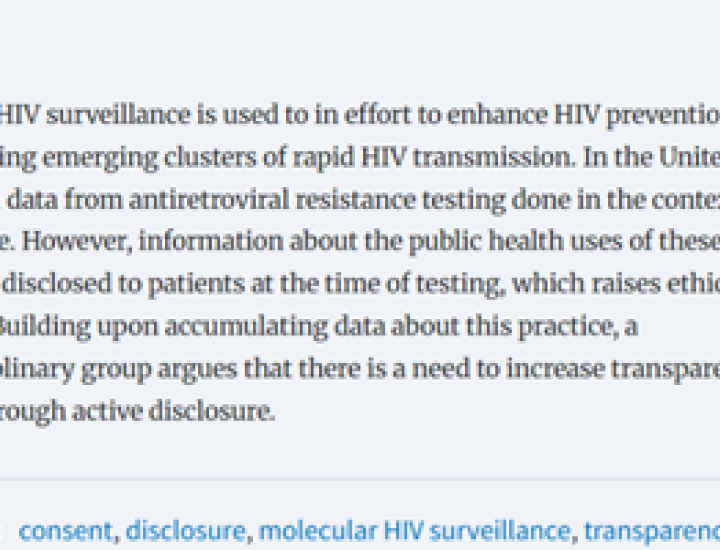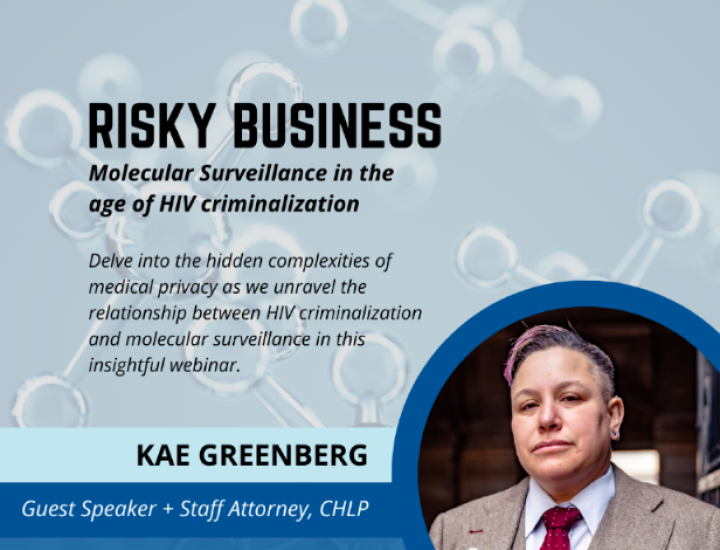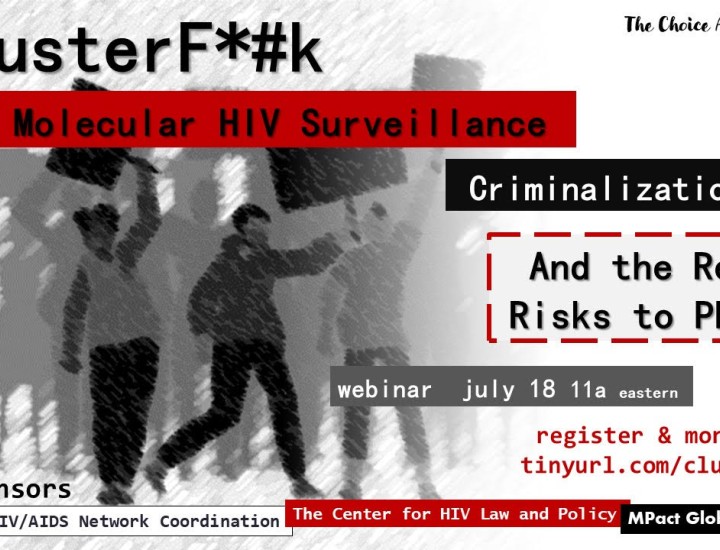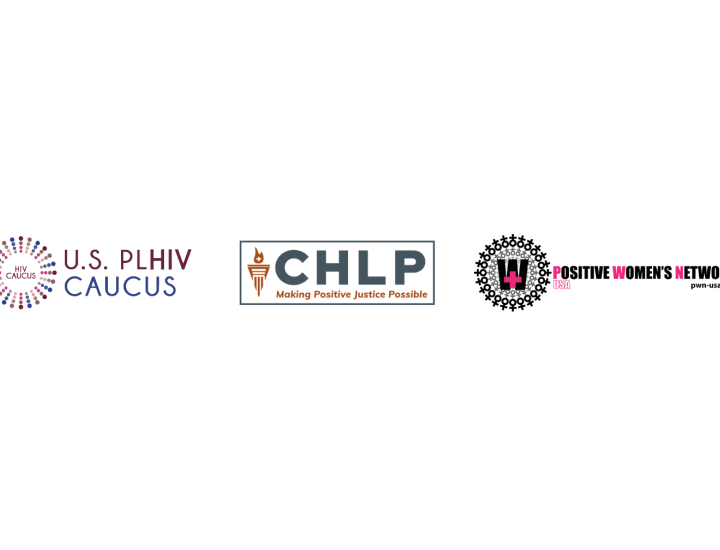SESAME Convenes Multidisciplinary Group, Releases Journal Article: "Achieving Greater Transparency Regarding Molecular HIV Surveillance"
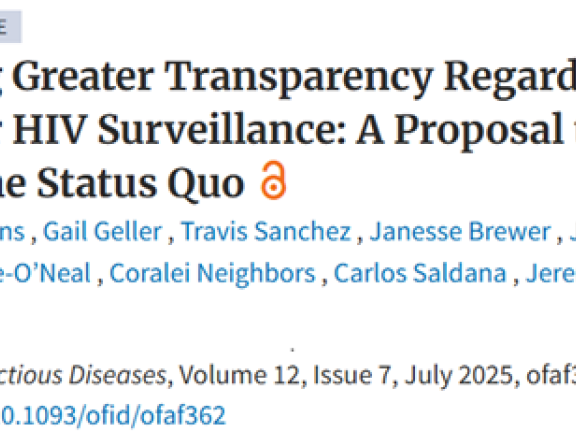
A multidisciplinary group of professionals from John Hopkins, Emory and Duke Universities, and The Center for HIV Law and Policy convened recently to deliberate about gathered health data, informed consent, and "the ethical, legal, and social risks of HIV molecular epidemiology". The Study of Stakeholder Attitudes towards HIV Molecular Epidemiology (SESAME) is “a project designed to gather empirical data to inform deliberations about the ethical, legal, and social risks of HIV molecular epidemiology”. The convening was held in spring of 2025 to deliberate on its recent findings and culminated in the release of the Journal article, Achieving Greater Transparency Regarding Molecular HIV Surveillance: A Proposal to Move Beyond the Status Quo.
Abstract
Molecular HIV surveillance is used to in effort to enhance HIV prevention efforts by identifying emerging clusters of rapid HIV transmission. In the United States, it relies upon data from antiretroviral resistance testing done in the context of clinical care. However, information about the public health uses of these data are not always disclosed to patients at the time of testing, which raises ethical concerns. Building upon accumulating data about this practice, a multidisciplinary group argues that there is a need to increase transparency of the practice through active disclosure.
Excerpts from Article
Molecular HIV surveillance (MHS) uses data from antiretroviral resistance testing (ARVRT) in effort to enhance HIV prevention efforts by identifying emerging clusters of rapid HIV transmission. Although ARVRT is often conducted during treatment initiation for people with HIV to inform clinical decisions, MHS is a public health activity [1].
Concerns regarding the public health uses of ARVRT data are intensified by the routine absence of disclosure and consent for this data sharing. Worries about privacy and autonomy have in turn led to calls for increased transparency about this process. In 2022, the Presidential Advisory Council on HIV/AIDS recommended obtaining informed consent for the use of health data for MHS. However, public health practitioners have raised objections to obtaining consent, citing concerns about feasibility and potential reductions of the amount of public health data that might then be available to fuel robust MHS.
To read more of this article follow the resource link here. A PDF file of the findings is also available below.
The article was originally published online in the Open Forum Infectious Diseases, Volume 12, Issue 7, July 2025, ofaf362 by Oxford Academic.
Article Contributors
Caroline Lumpkins - Berman Institute of Bioethics, Johns Hopkins University, Baltimore MD
Gail Geller - Berman Inst. of Bioethics and School of Medicine, Johns Hopkins Univ, Baltimore MD
Travis Sanchez - Dept of Epidemiology, Rollins School of PH, Emory University, Atlanta GA
Janesse Brewer - Dept of International Health, Bloomberg School of PH, Johns Hopkins Univ
Juli Bollinger - Berman Institute of Bioethics, Johns Hopkins University, Baltimore MD
S Mandisa Moore-O’Neal - The Center for HIV Law and Policy, Brooklyn, New York
Coralei Neighbors - Dept of Population Health Sciences, Duke Univ Sch. of Medicine, Durham NC
Carlos Saldana - Dept of Medicine, Div of Infectious Diseases, Emory Univ School of Medicine
Jeremy Sugarman - Berman Inst. of Bioethics and School of Medicine, Johns Hopkins Univ, Baltimore MD
